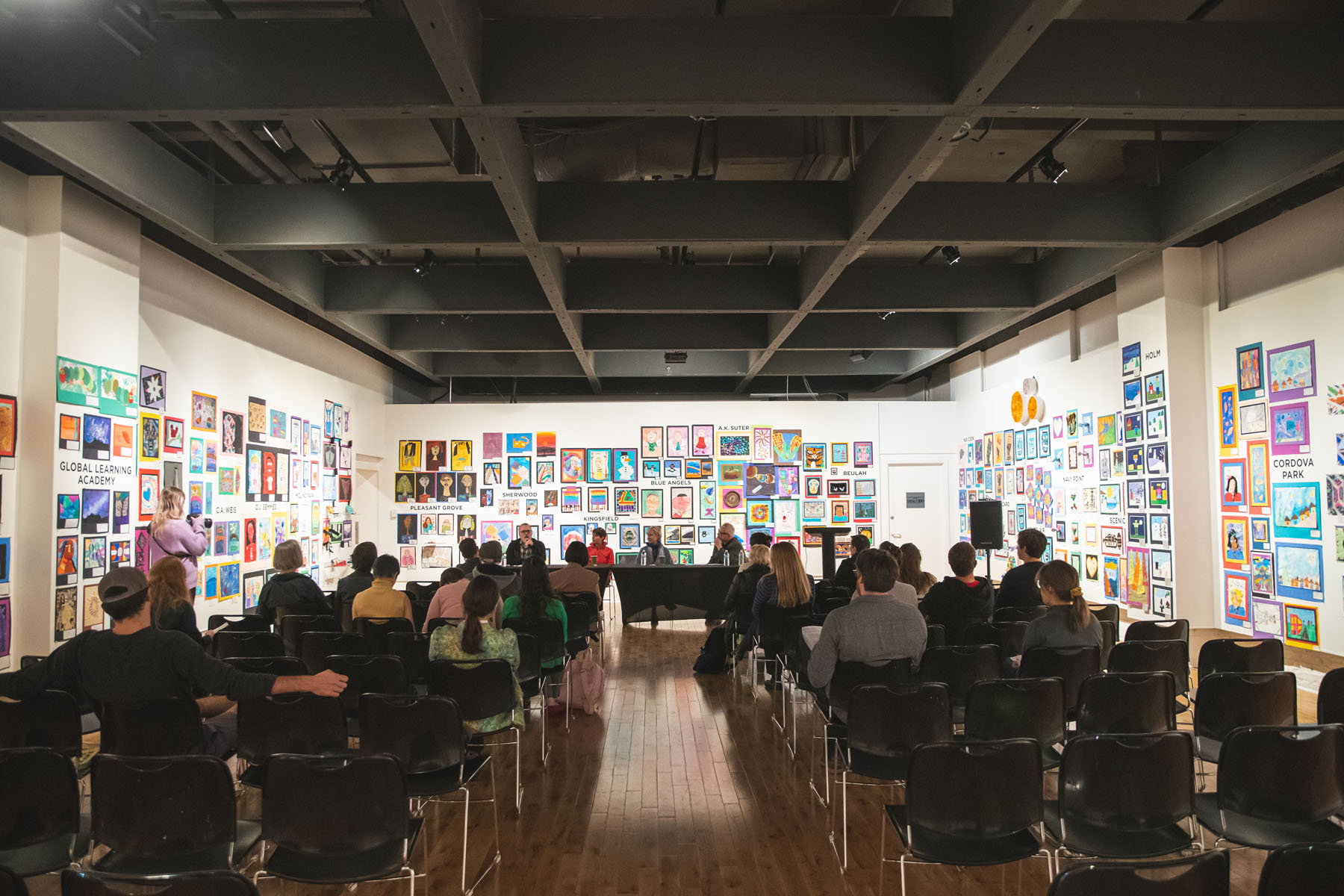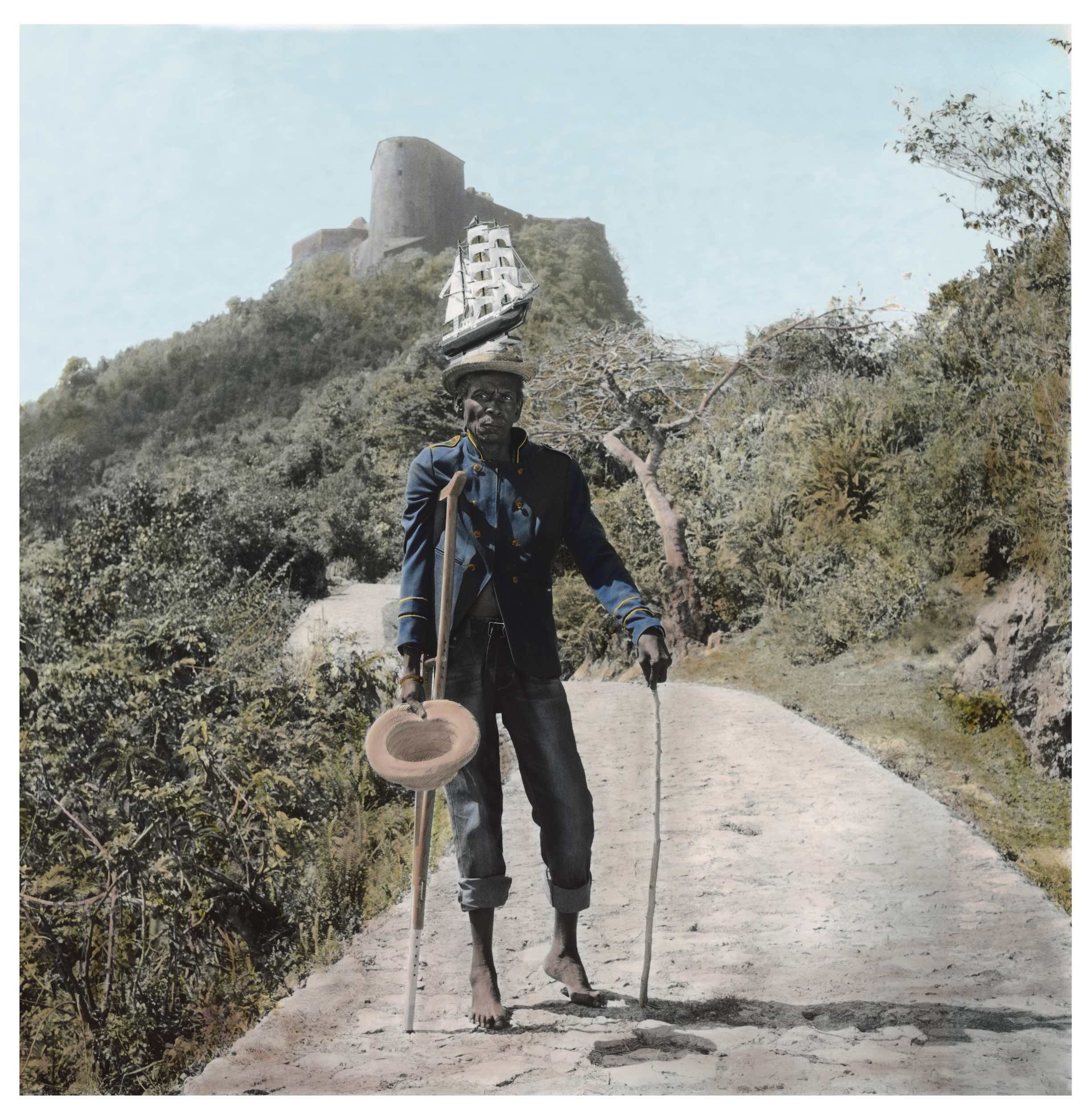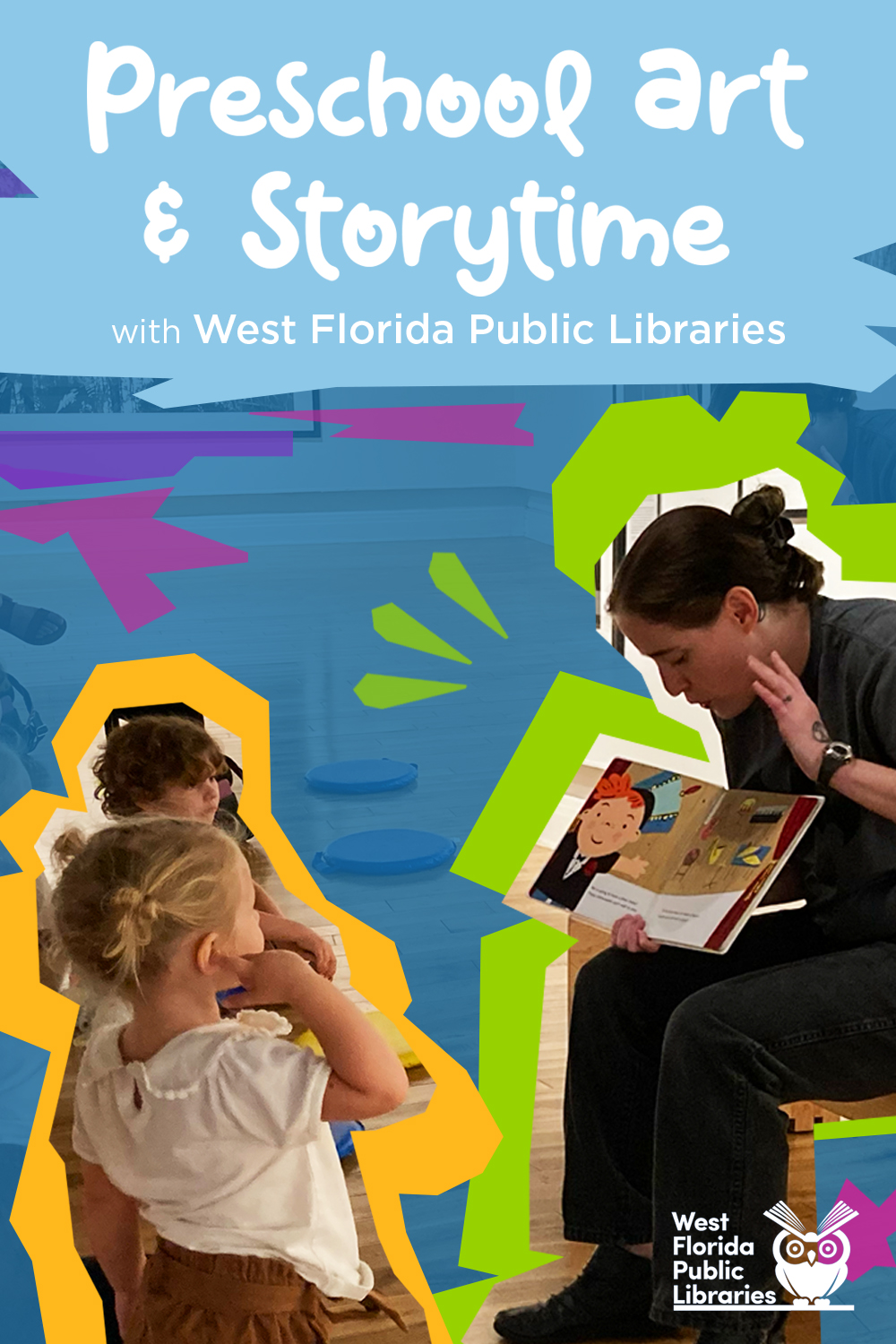Our Calendar
What's on
Explore our exhibitions, events and educational opportunities.

Revolutionary Ripples: Caribbean History, Contemporary Art
October 8, 2:00 pm to 3:00 pm
Virtual

Description
Presented in conjunction with the exhibition The Kingdom of This World, Reimagined, this virtual program brings together an interdisciplinary panel of experts on Caribbean visual art, literature, and history to discuss the ways in which historical events and processes in the Caribbean continue to be persistent and relevant to the idea of social justice today, particularly in Afro-diasporic communities. This program is free and open to the public.
The Kingdom of this World, Reimagined presents a selection of contemporary work inspired by Alejo Carpentier’s historical novel, The Kingdom of This World, which recounts the Haitian Revolution and its profound impact on the emergent nation. For the book’s 70th anniversary, an international cohort of artists, each with ties to the Caribbean, responds to Carpentier’s innovative storytelling via a dynamic grouping of artworks that interpret the historical chronicling of the Caribbean through visual means.
Moderated by Lesley A. Wolff, PhD. Dr. Wolff is the curator of The Kingdom of This World, Reimagined and is Assistant Professor in Art History at Texas Tech University.
Panelists:
Marlene Daut, PhD, Professor and Associate Director at The Carter G. Woodson Institute for African-American and African Studies at the University of Virginia
Ana María Dopico, PhD, Director of the Hemispheric Institute and Associate Professor in the Department of Comparative Literatures and the Department of Spanish and Portuguese at New York University
Jerry Philogene, PhD, Associate Professor of American Studies at Dickinson College
Erin Stone, PhD, Associate Professor in History at the University of West Florida
Funding for this program was provided through a grant from Florida Humanities with funds from the National Endowment for the Humanities. Any views, findings, conclusions or recommendations expressed in this program do not necessarily represent those of Florida Humanities or the National Endowment for the Humanities.
Cost
Free


